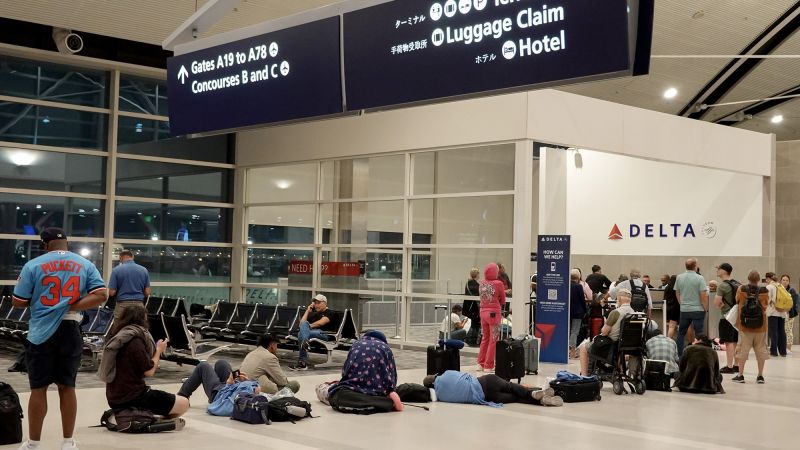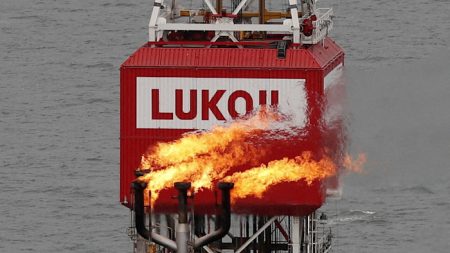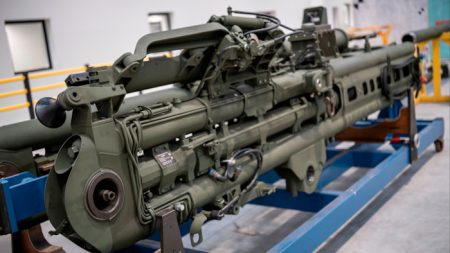Three days after a computer update problem caused more than 5,000 flight cancellations around the world, things are pretty much back to normal — except at Delta Air Lines.
Atlanta-based Delta canceled 1,500 flights on Friday, or more than a third of its schedule. That’s more than any other airline in the world, according to flight tracking service FlightAware. It grounded nearly 3,000 more flights over the weekend, and early Monday had already canceled 700 more flights, or about 60% of flights canceled by all airlines worldwide. Most other US airlines had only 1% of its flights canceled, compared to roughly one out of every six scheduled Delta flights.
In a note to customers Sunday, Delta CEO Ed Bastian apologized for the disruptions and attributed the problem to the computer program affecting its “crew tracking” software.
“One of our crew tracking-related tools was affected and unable to effectively process the unprecedented number of changes triggered by the system shutdown,” he wrote in a note to customers. “Our teams have been working around the clock to recover and restore full functionality.”
While many airlines large and small had the CrowdStrike problem affect computers that were supposed to check in passengers, it appeared that Delta might have been the one airline that had its crucial crew scheduling software affected.
The problems with the flight groundings and delays produced nightmares for travelers throughout the weekend. And they were only one part of the “largest IT outage in history” that was caused by the CrowdStrike, which shut down an estimated 8.5 million computers running Windows software worldwide, disrupting hospital operations, package deliveries, banking and retail transactions.
CrowdStrike said late Sunday that “a significant number” of those affected computers “are back online and operational.” But in the case of affected airlines, it is not just computers that need to be fixed. It can take longer to get crews needed to fly planes in the right cities to again staff flights.
The problems at Delta are similar to the problems that occurred at Southwest Airlines over the end-of-year holiday travel period in 2022 when it had to cancel nearly 17,000 flights over the course of more than a week. In that instance the problem was attributed to its crew scheduling system, which Southwest unions criticized as “antiquated” and which Southwest executives vowed to fix in the wake of the service meltdown.
Read the full article here















